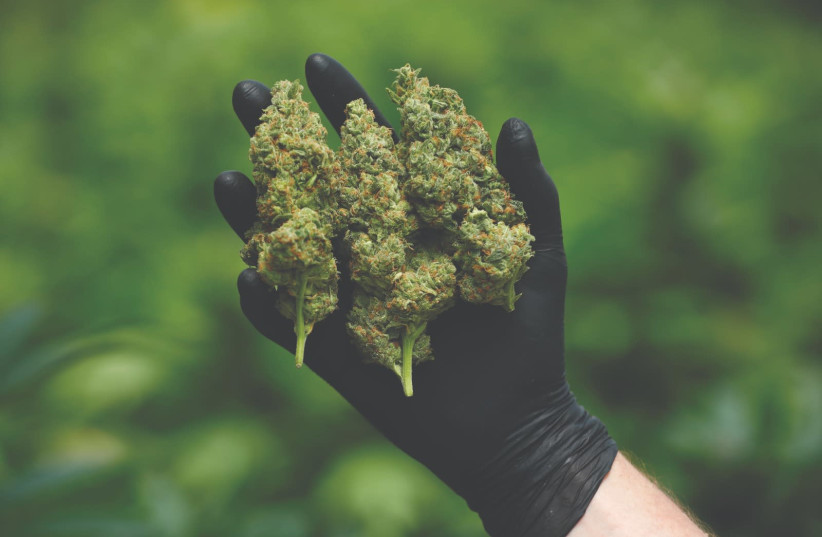Smoking cannabis can accelerate the biological aging process, a recent study published in the Drug and Alcohol Dependence journal warns.
In the study, researchers analyzed epigenetic samples from 154 participants and found that those who smoked marijuana regularly experienced genetic aging processes at age 30 that are usually seen at a much later stage in life.
For a long time now, scientists have been aware that the individual rate of aging of each person isn’t dependent only on the chronological time that they are here on earth but rather that environmental factors play an important role in determining the rate of aging.
These are external influences that lead to changes in the way that certain genes are expressed and activated by the body and form what researchers call the "epigenetic age."
Researching the epigenetic age

In recent years this, specific research field has evolved greatly, and scientists have created metrics called "epigenetic clocks" that test patterns in the methylation process of DNA to determine the biological age of a person. In this study, researchers applied some of these tools to test if cannabis smoking creates a gap between the chronological age and the genetic age of smokers.
When the study was launched and participants were first recruited to it, they were 13-years-old and were asked to report their annual frequency of cannabis use over a period of 17 years. The researchers used two epigenetic clocks to analyze blood samples taken from each participant at the end of the study period — around age 30.
<br> <br>Those who smoke more, grow older
Results from the study showed a clear correlation between marijuana smoking and accelerated epigenetic aging, and the more frequent and heavy drug use, the greater the aging gap. Meaning, those who smoked more also aged more at the cellular level.
"We saw ties between the dose of consumption so that even within the group of smokers we saw that those who smoked more, aged epigenetically faster," the researchers wrote.
Additionally, the findings of the researchers remained consistent even when they weighed against other factors known to affect biological age and the rate of aging, such as cigarette smoking, background disorders, socioeconomic status, personality traits, and history of coping with depression and anxiety.
"Although it can’t be determined with certainty, our findings correlate with a causal relationship between marijuana use and epigenetic aging," the researchers concluded in their paper.
Further analysis of the findings suggests that the acceleration of epigenetic aging resulting from cannabis smoking is consistent with changes in a particular gene known as AHRR.
These changes resemble the genetic damage caused by cigarette smoking or exposure to air pollution.
Because of this, researchers estimate that the harm done to cannabis smokers is a result of smoking itself, and not from THC, the main active ingredient in cannabis, or any other active ingredient found in cannabis.
The researchers added that their results suggest that the more recent the marijuana use, the more aging it caused to the person.
This finding is an important insight for marijuana smokers who want to slow down or stop their accelerated aging.
A reduction or cessation of consumption may stop and even reverse the harm caused by drug use.
